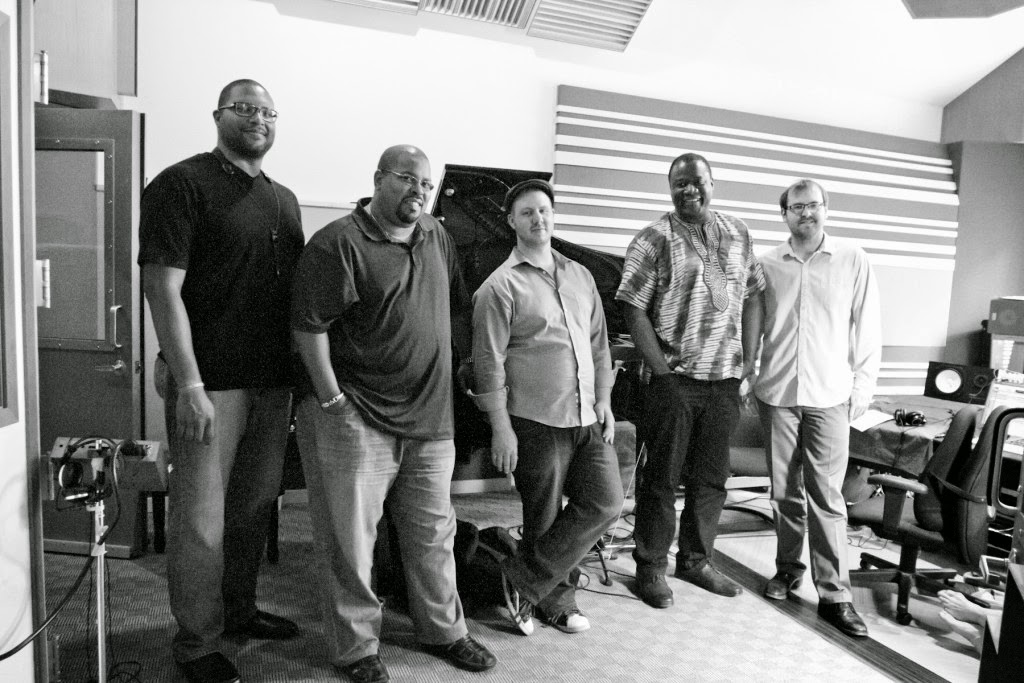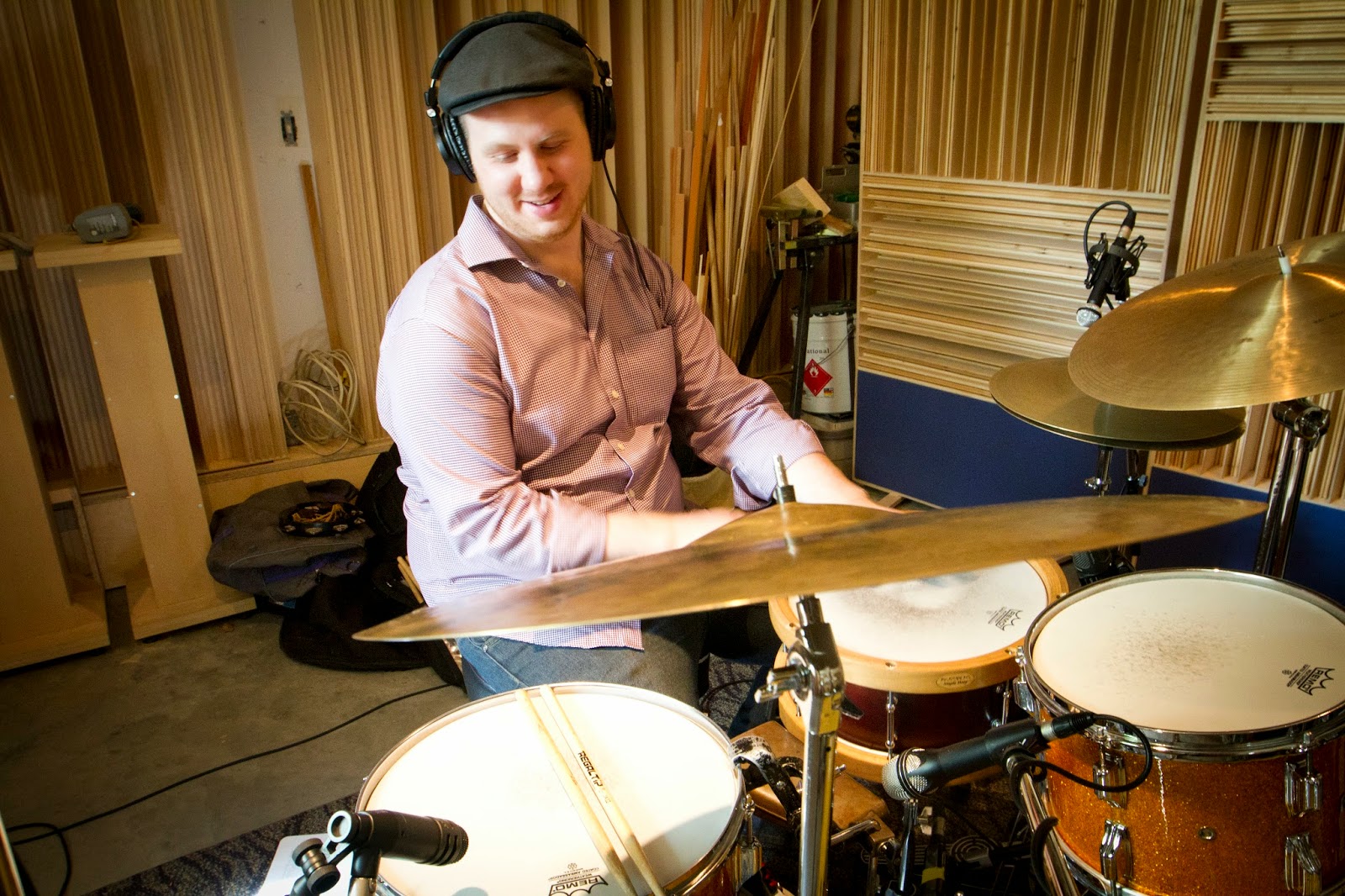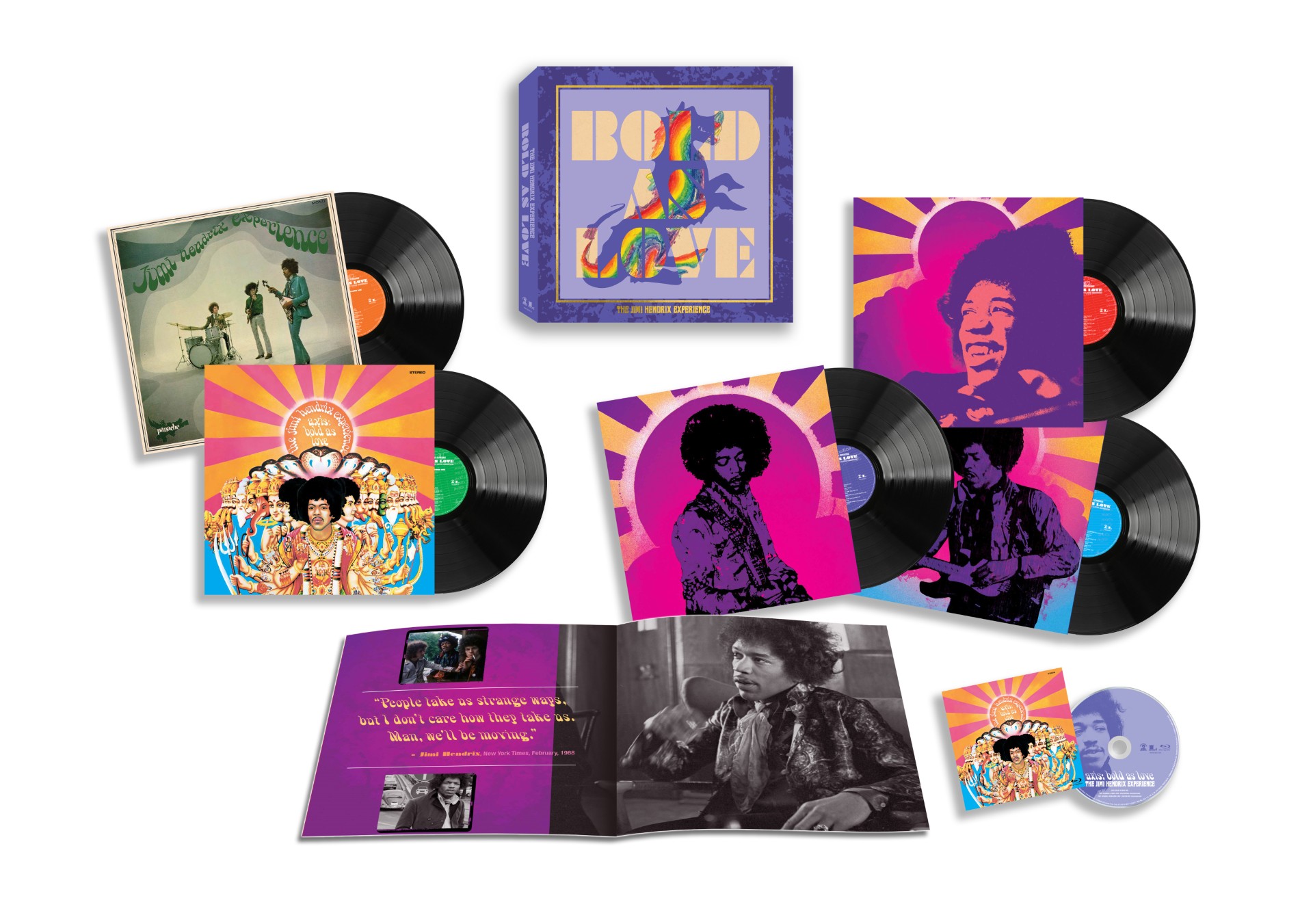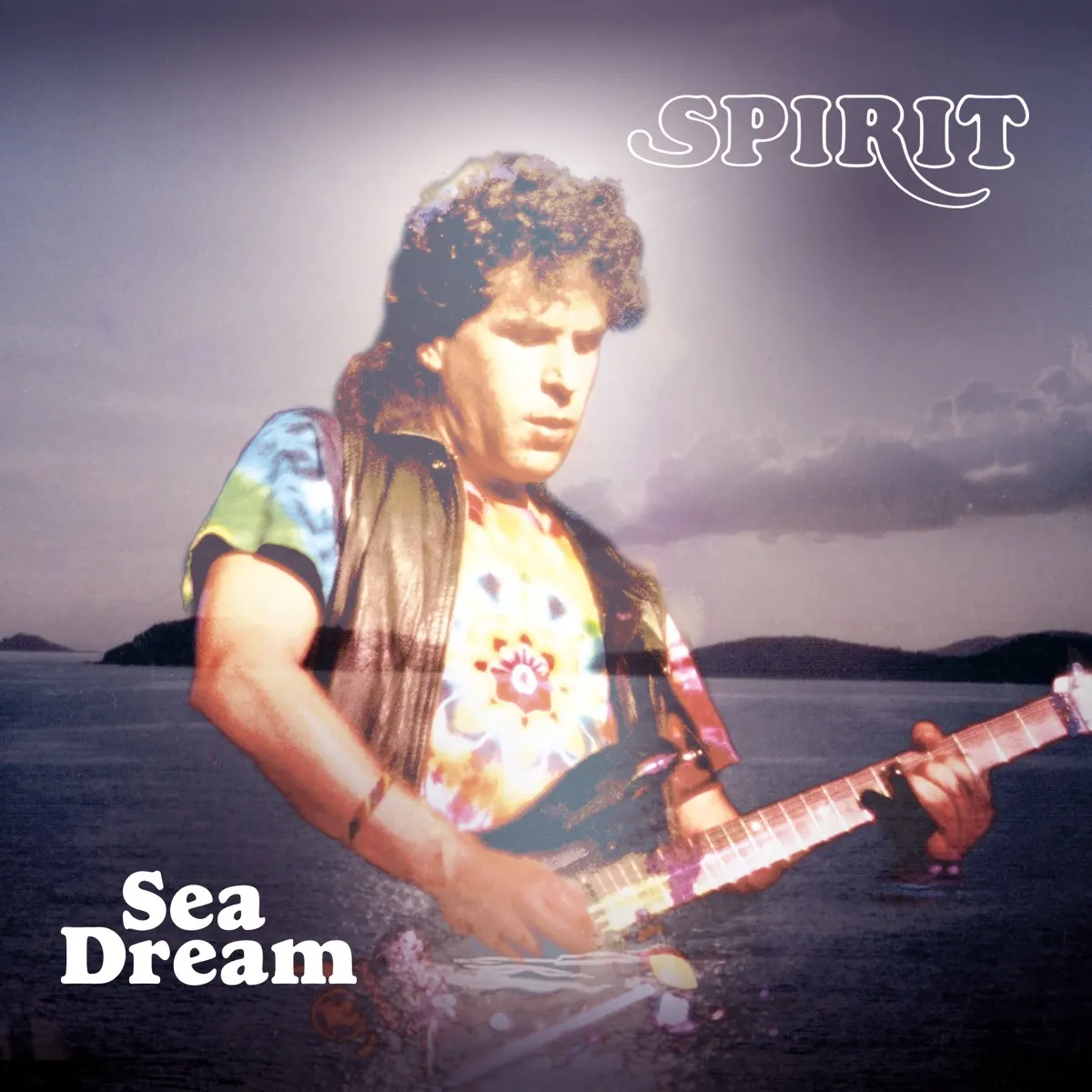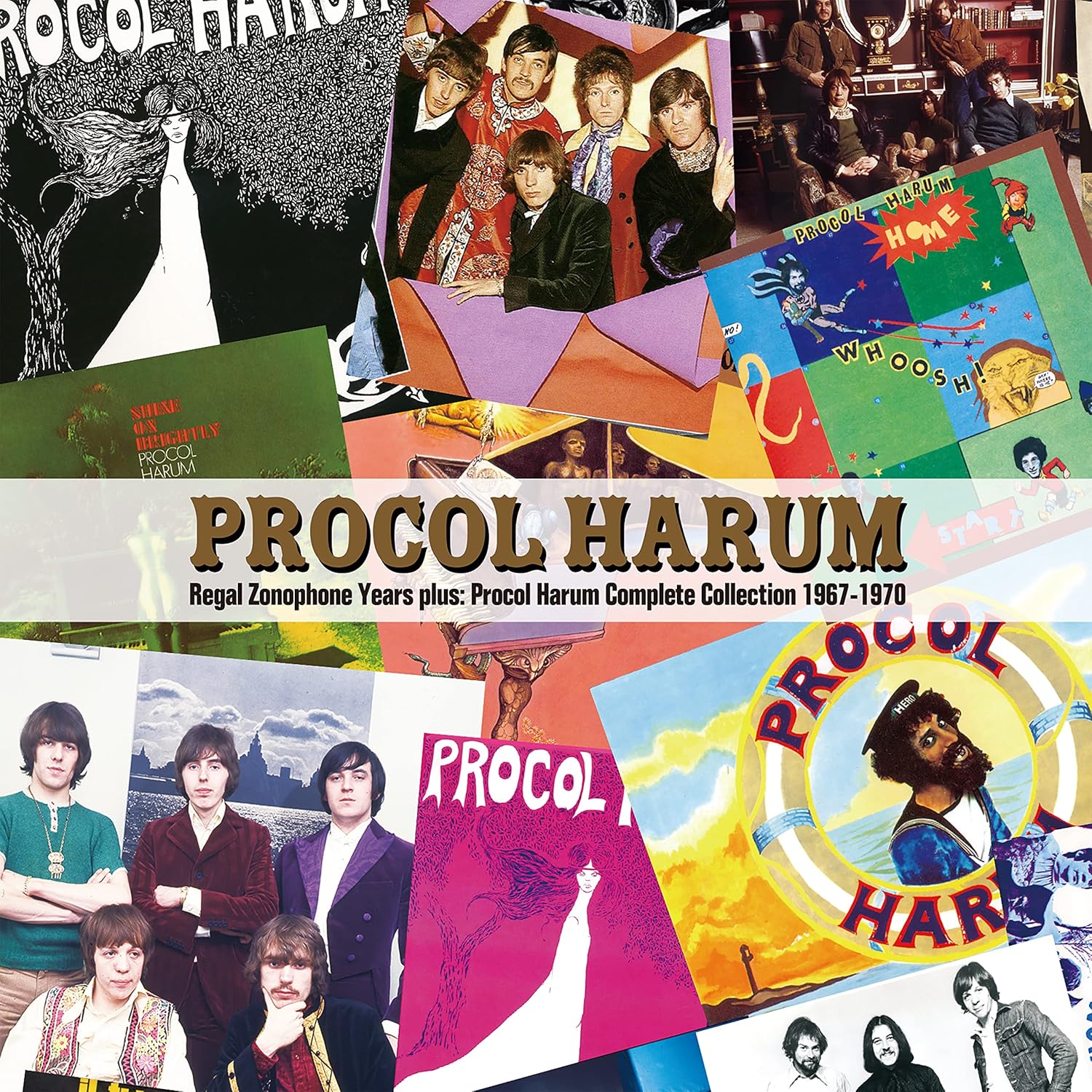JAZZ CORNER Presents: Curtis Nowosad
©Rachel Boese
Curtis Nowosad is a very busy man. He’s a Jazz drummer, composer, arranger and also an educator. A native of Winnipeg, Manitoba, Curtis became recognized as one of the faces of the new generation of jazz players in Canada, and he has performed with such world-class jazz musicians as Philip Harper, Donny McCaslin, Stefon Harris, Miguel Zenón, Jack Wilkins, George Colligan, Dave Douglas, and Steve Wilson. He has performed with two NEA Jazz Masters, Candido Camero and Jimmy Owens, and recently recorded with a third, pianist Kenny Barron. His latest album Dialectics brought attention to us and that’s why we decided to include him in “Jazz Corner”.
When and where were you born?
I was born April 2nd, 1988 in Belleville, Ontario, Canada, but I grew up in Winnipeg, MB, Canada.
How old were you when you began playing music and what was the first instrument you played?
I come from a family of musicians, so I messed around with a few different instruments (piano, trumpet, saxophone, guitar) as a child before settling on drums at 12 years old. My mom is a piano teacher and church organist, so I started on piano, having heard it every day, however, I hadn’t learned how to follow directions yet so I didn’t get very far taking lessons from her! I didn’t learn piano again until I got older and started playing jazz around 15 years old, and now I do a lot of composing and arranging, so I spend a lot of time at the piano. But of course, drums are my instrument!
What inspired you to start playing music? Do you recall the first song you ever learned to play?
As I mentioned, my parents are musicians so there was always music in the house. I was inspired to start playing by hearing bands like KISS, Van Halen, Rush, Black Sabbath, and others, but the one that really sealed the deal for me was Led Zeppelin; I spent the first three years that I played the drums trying to sound just like John Bonham! As for the first song I learned to play, it was “Killing In the Name” by Rage Against the Machine (it had some pretty colorful lyrics for a 12-year-old, to say the least).
Did you attend any school of music? Would you say school assisted on what you became as a musician? By that I mean your style of playing and on how are you approaching the process of writing new compositions.
Yes, I received a Bachelor of Jazz Studies from the University of Manitoba in my hometown of Winnipeg, and just finished a Masters of Music at Manhattan School of Music. I mainly learned how to play on the bandstand, but school helped me to understand more clearly what it is that I was doing. I had many great playing experiences early on with my primary teacher, bassist Steve Kirby, who played with many of jazz’s greatest musicians, including extended stints in the bands of Elvin Jones, Cyrus Chesnut, Abbey Lincoln, and many others. Steve started taking me on gigs when I was 17 or 18, and I learned by doing it; it was the equivalent of being thrown in the pool and learning how to swim! While at the U of M I had the chance also to study with both Terreon Gully and Quincy Davis, which was instrumental to my development.
My time at MSM has definitely improved my composition skills. I have written for big band, studio orchestra, and several other configurations, an definitely expanded my approach to composition. I had the good fortune to learn from legendary composer/arranger Jim McNeely during my time there. I also studied privately with John Riley, who is one of the world’s greatest drum teachers, as well as playing in the MSM Afro-Cuban Jazz Orchestra, working very closely with Bobby Sanabria, which taught me a lot about Cuban, Puerto Rican, Haitian, and Dominican music. MSM also has on faculty tabla virtuoso Samir Chatterjee, known for his work with Ravi Shankar, and I got to take some classes with him which really opened my eyes to a whole other world of musical conception.
Who are some musicians, that influenced you in one way or another?
First and foremost, my teachers: Steve Kirby, Terreon Gully, Quincy Davis, John Riley, Bobby Sanabria, and many others. Musically speaking, I am heavily influenced by the great lineage of this music, and the many great drummers, such as Tony Williams, Elvin Jones, Art Blakey, Philly Joe Jones, Max Roach, Billy Higgins, Arthur Taylor, and so many others. I am also very heavily influenced by R&B and Hip Hop, as well as folkloric African-rooted drumming, particularly Rumba groups from Cuba such as Los Muñequitos de Matanzas, and Senegalese sabar drumming master Doudou N’Diaye Rose.
What were some of your first efforts, that resulted as an album?
I have two albums out, the first one being The Skeptic & the Cynic, from 2012 and the most recent being Dialectics, released in March of 2015. Conceptually they are different when it comes to repertoire, but both feature more or less the same band and thus the same style at its root. The concept behind the Skeptic & the Cynic is contemporary pop music from various sources, which is something that I really enjoy doing, and especially used to do a lot at the time in my life, which is taking songs that are not originally intended as jazz songs and arranging them for a jazz group, and using them as vehicles for improvisation. Dialectics features more of my writing, and the songs that are not originals are from within the jazz canon. Wayne Shorter and Thelonious Monk are both composers and performers I respect very much and are greatly influenced by, so I wanted to put my own stamp on their music.
You played and shared stages with many worldwide known jazz musicians. How was to work with them and what are some altering experiences from co-working with them?
The process of learning jazz has always involved mentorship, so there is no replacing the experience of playing with musicians that have been around for a long time. There is so much that changes about the way each generation approaches the music, and there is a lot to learn from each of them. I’ve had the chance to perform with three NEA jazz masters: Candido Camero, Jimmy Owens, and Kenny Barron, and learn from a fourth, Dave Liebman. Candido is 94 years old and brings so much joy and history with him every time he performs. I did a recording session with Kenny Barron once, and I couldn’t believe my ears, after having listened to him for so many years, and hear his influence on so many other musicians, to hear the real deal coming through my headphones. That was a lesson to pursue an individual sound, and always believe in every note I play.
©Lindsey Bond
In 2012 you released The Skeptic & the Cynic album. What can you say about the lineup and the recording process of releasing this album?
The line-up featured my teachers at the time: Jimmy Greene, Derrick Gardner, Steve Kirby, Laurent Roy, and a couple of my colleagues from Winnipeg, Will Bonness and Julian Bradford, and special guest Taylor Eigisti, who played on one song, Pink Floyd’s Welcome to the Machine. We recorded most of it live off the floor, the only things that were overdubbed were some Hammond Organ and Fender Rhodes. The timing worked out perfectly that Taylor Eigsti was in town with Gretchen Parlato and had a day off, on a day that I had a gig, and he agreed to play with us, as we all knew him already. After that, he agreed to play on a track of the album, which turned out spectacularly.
How about the arrangements?
As I mentioned before, aside from two originals, it features all arrangement of contemporary pop songs: “The Way You Make Me Feel” by Michael Jackson, “My Old Man” by Joni Mitchell, “Welcome to the Machine” by Pink Floyd, “Three Little Birds” by Bob Marley, “California Love” by 2Pac, and “Definition/RE:DEFinition” by Black Star. I really enjoy many different styles of music, and spent a lot of time playing in rock and R&B bands, and as I mentioned before, I grew up on rock so I know a lot of music outside of jazz. I always get excited when I hear a song that has a strong melody and it makes my imagination wander to see if it would work with my band. Sometimes it does, sometimes it doesn’t, but it’s always a really enjoyable process.
You have a brand new album out on Cellar Live Records, and features Jimmy Greene on tenor saxophone, Derrick Gardner on trumpet, Steve Kirby on bass, and Will Bonness on piano and it’s one of the most refreshing albums out there. We have been pleasantly surprised when first hearing it. What would you say about making your latest one?
The latest one was a fun process, because we got to go on the road for a couple weeks before recording. You don’t always get that lucky that the timing works out like that, but Steve, Derrick, Will, and I did a Western Canada Tour prior to the recording, so we got a chance to workshop the new music. After that we did a concert at one of Winnipeg’s top concert halls with Jimmy, which was a fundraiser for the Ana Grace Project. The next day we went into the studio, but these guys are so good it only took us a day! I think there is only one song on the record from the second studio day. These guys hit all of it in one day, which is amazing.
Are you satisfied with the result?
Definitely!
What lies in the near future for you?
My quintet (with Jon Gordon on saxophone in the place of Jimmy) will be touring Canadian jazz festivals this summer, and I will be doing an official US CD Release at Shapeshifter Lab in Brooklyn in May. On top of that, I will be in New York, playing with as many musicians as I can, learning as much as I can, and writing as much as I can. Most of my work as a leader has been in Canada, so I am going to start working more with my own band in New York and around the northeast US.
L-R: Will Bonness, Niall Bakkestad-Legare, Craig Bailey, Derrick Gardner, Curtis, & Laurent Roy
During the past few years you have been part of many projects. What are some you would like to highlight?
Yes, the main project I’ve been a part of lately is Philip Harper’s Quintet, which plays every other week at Smalls in NYC. Philip Harper was a Jazz Messenger and had a very successful band with his brother Winard, called the Harper Brothers. I love playing with this band and I’m looking forward to doing as much as possible in NYC this summer.
You’re also very active as a educator and clinician and you have your own radio show. Tell us more about your other endorsements?
Yes I haven’t had my own radio show for a couple years now, but I do really miss it. I recently guest hosted on WKCR, Columbia University’s Radio Station, and I realized how much I miss playing music on the radio and educating listeners about the many great artists. I do really enjoy teaching, and I have done a lot over the years. I am hoping to get involved in more educational efforts here, as I really do enjoy passing on what I’ve learned and educating the general public about this music.
Thank you very much for taking time to be part of It’s Psychedelic Baby’s Jazz Corner. Last word is yours.
Thank you for reading! All the best!
Interview made by Klemen Breznikar/2015
© Copyright http://psychedelicbaby.blogspot.com/2015
Array


